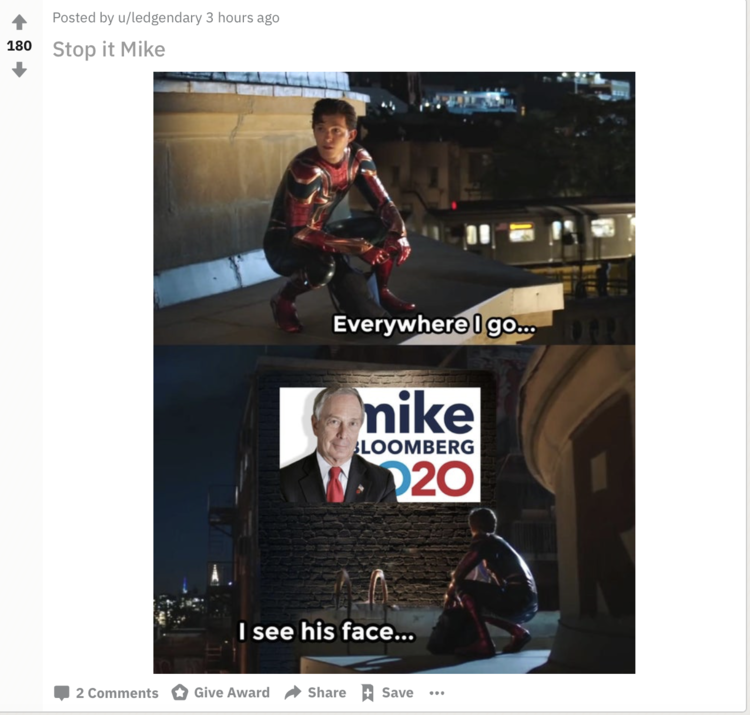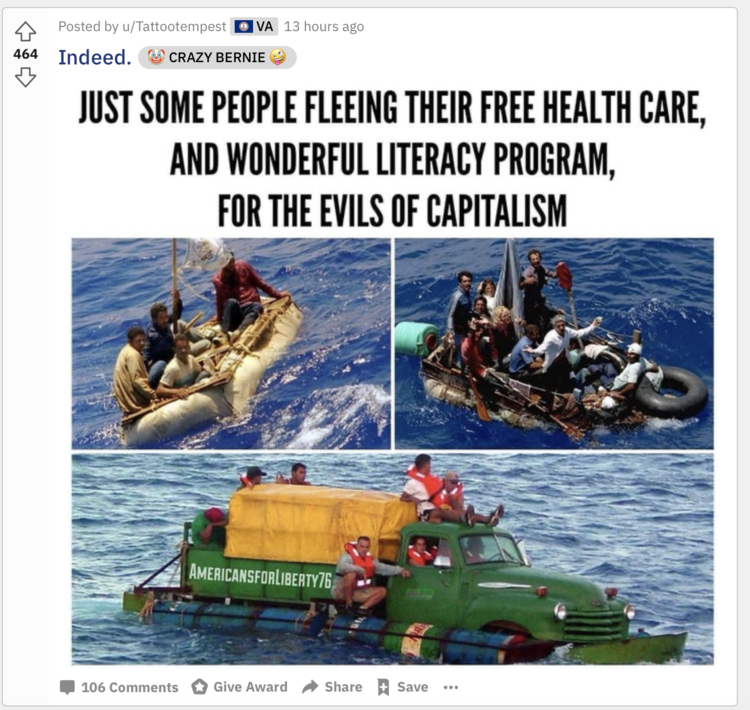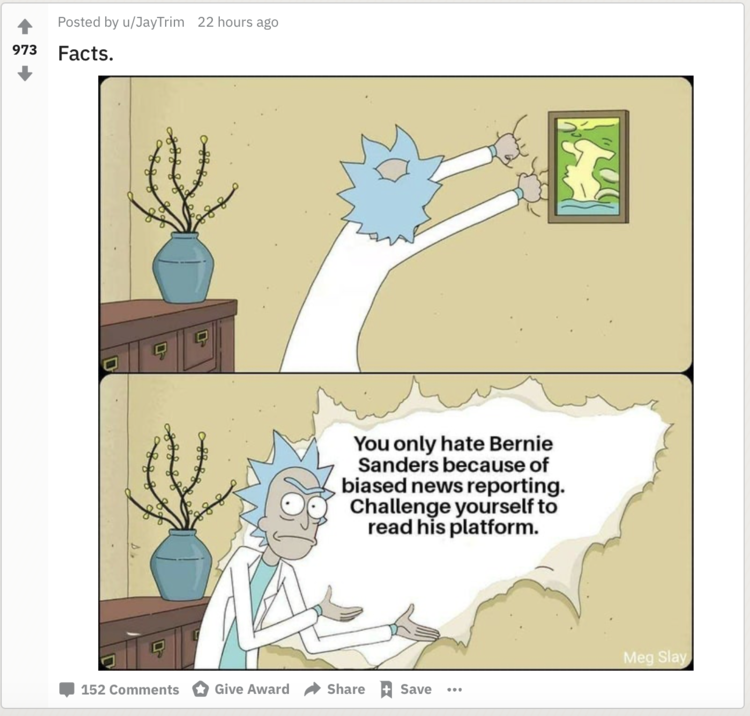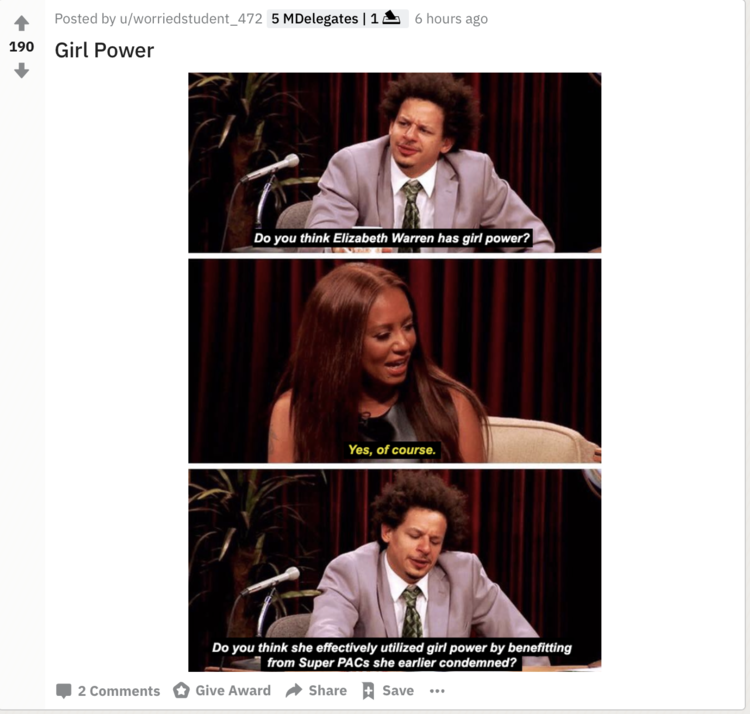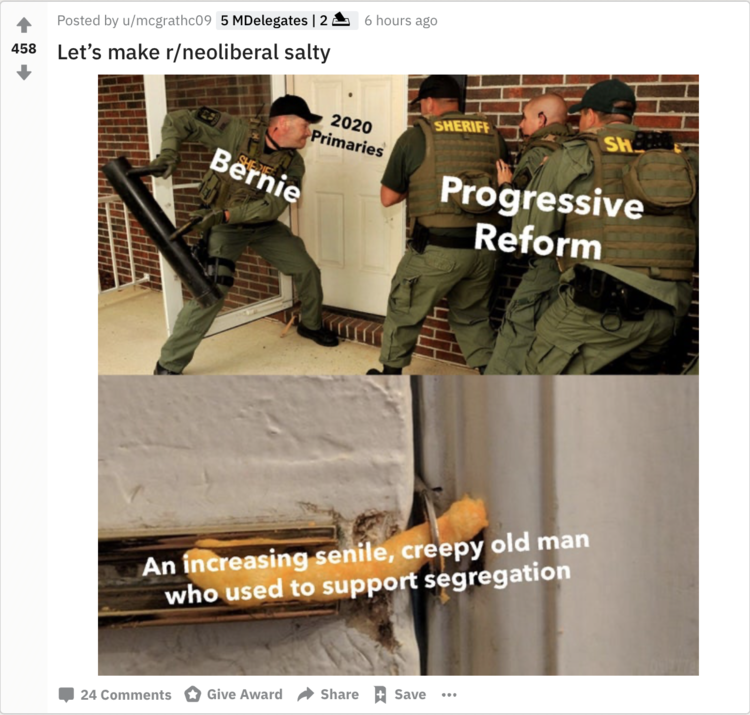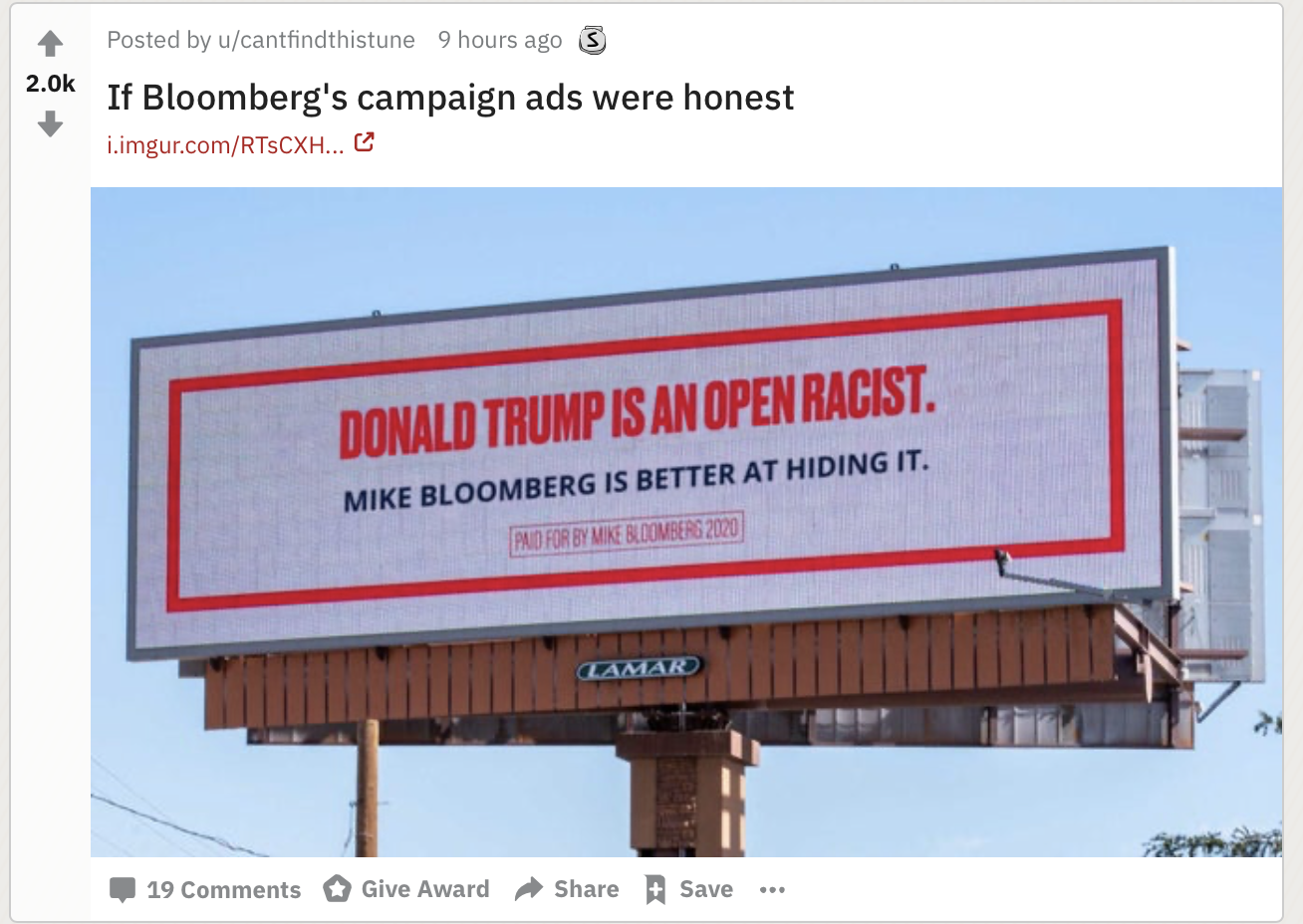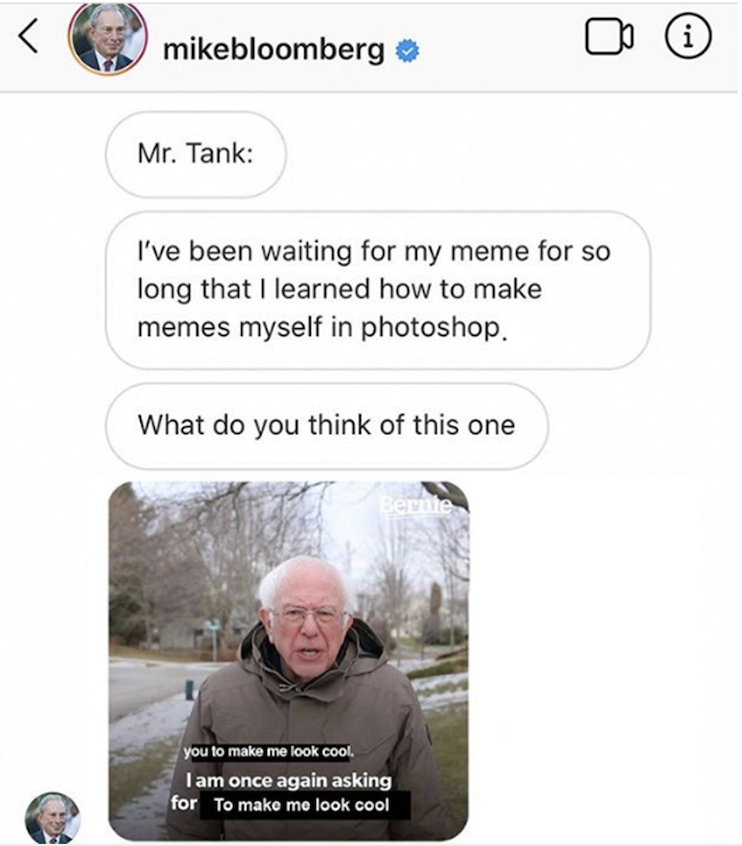Meme 2020: How Memes are Creating Civic Engagement Among Younger Generations
March 13, 2020
With almost $1.5 billion in campaign spending by 2020 presidential candidates, it may come as a surprise that some of the possibly most influential “marketing” is being done organically and for free.
“Memes are a format for advertising,” says Stephen T. Johnson, CEO and co-founder of Flip Mass and one of the minds behind Meme 2020, a unique marketing campaign aimed at advertising for 2020 candidates.
Johnson is not referring to the memes of the early Internet - like Bad Luck Brian or Grumpy Cat - rather, he discusses memes in the broadest sense, usually an image with text, that conveys an idea or concept.
These sometimes polarized, often esoteric facets of internet culture operate similarly to genes, replicating ideas and characteristics in order to convey a multidimensional concept to others, says Johnson.
While memes themselves are relatively native to the era of social media, using imagery to convey political information and opinions is not. Political cartoons have been a staple of state politics since before the creation of newspapers. And with over 85% of millenials on social media platforms, memes are a potential hotspot for political candidates and supporters alike to impact election results.
And while some presidential candidates and political leaders have refrained from using online humor, others have embraced it.
“Trump is a master of memes,” said Lance Bennett, a Professor of Political Science and a Ruddick C. Lawrence Professor of Communication at the University of Washington.
Even before his inauguration, Donald Trump took to Twitter to share memes, either by posting them directly to his account or retweeting his supporters. From visual images to name-calling, Trump has utilized virality in gaining support and attention.
Trump supporters consistently contribute to the barrage of meme imagery through tweets, Facebook posts, and Reddit groups. Most recently, a subreddit titled “r/trump,” which boasts over 34,000 members, created a Meme Contest. The contest comes in response to a “call-to-arms” by Daniel Scavino Jr., White House Director of Social Media and Assistant to the President, in December 2019.
“We want the Spiciest and Highest Energy MEMEs you have,” reads the r/Trump Meme Contest description. “MEME War 2 has begun!”
This second Meme War comes after the 2016 “Great CNN Meme War,” in which InfoWars, a far-right conspiracy talk show and website, offered a $20,000 prize for the best meme about CNN.
Politically-involved individuals are also creating memes that aren’t solely in support of one candidate, establishing a larger political discourse in a less serious format. The Facebook group, “2020 Memes for Undecided Tweens,” depends upon member-generated posts that often poke fun at one or more candidates or at the 2020 election as a whole.
These groups, and the media being produced and shared within, are all part of a larger community-building process, according to Ethan Zuckerman, director of the MIT Center for Civic Media, Associate Professor at MIT, and author.
“Part of our emergent civics is the practice of making and disseminating media designed to strengthen ties within an identity group and to distinguish that group from groups that oppose it,” said Zuckerman in his 2017 article, “Mistrust, efficacy and the new civics: Understanding the deep roots of the crisis of faith in journalism.”
All of these organically produced memes are being provided free of charge, but for Meme 2020, sponsored meme posts are the go-to-strategy and have already been utilized by former democratic candidate Mike Bloomberg.
One of the sponsored Instagram memes posted by @Tank.sinatra
